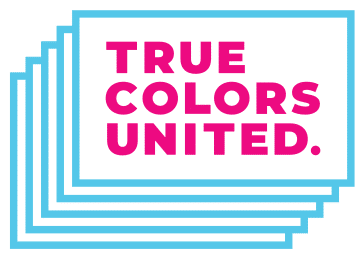The U.S. Department of Housing and Urban Development and Grammy Award-winning singer and songwriter Cyndi Lauper are joining the effort to “Make Everyone Count,” a national campaign to support local one-night counts of homeless persons and families. Cyndi Lauper and the True Colors Fund’s Forty to None Project produced a national public service announcement to encourage viewers to contribute their time to gather needed data on the scale of homelessness throughout the U.S.
During the last 10 days in January, HUD asks more than 3,000 cities and counties to conduct “Point-in-Time” counts of homeless persons that reveal the number of persons in shelters and on the streets on a given night. Ultimately, these one-night counts provide local planners with data they need to understand the number and characteristics of persons who are homeless so they, in turn, can develop a thoughtful response to confront homelessness.
“We’re thrilled to have Cyndi join us in this national campaign to expand our understanding of homelessness and to accomplish that, we need people power,” said HUD Secretary Shaun Donovan. “You can’t solve a problem without understanding it. President Obama has set an ambitious goal to end homelessness as we know it and this effort is critical toward reaching this goal.”
Lauper, co-founder of the True Colors Fund, said, “The True Colors Fund is proud to work with HUD through our Forty to None Project to raise awareness about the important count of homeless people that occurs every January. Every day across America, people struggle to overcome homelessness and we as a society need to join together to ensure that we do all that we can to help them. The first step in being able to do that is to understand how many people are actually in need. I encourage everyone to get involved and be a part of this important effort so that we can make sure that everyone counts.”
This year, volunteers will collect more detailed information about their local homeless populations including more precise age data, the number of homeless children in families, and even the gender of homeless veterans. In an effort to better count and serve homeless youth, HUD changed its data collection requirements for 2013 to better identify homeless children and youth. Additionally, HUD is engaged with the U.S. Interagency Council on Homelessness, the Department of Health and Human Services, and the Department of Education in a special nine-city initiative called Youth Count! to evaluate best practices for counting homeless youth.
In the joint public service announcement, Lauper describes why the HUD’s Annual Point-in-Time count is a vital step towards better serving our homeless population and ultimately ending homelessness once and for all. Visit HUD’s website to learn more about how you can help. In addition, interested people can also participate in an ongoing Twitter conversation #EveryoneCounts.
